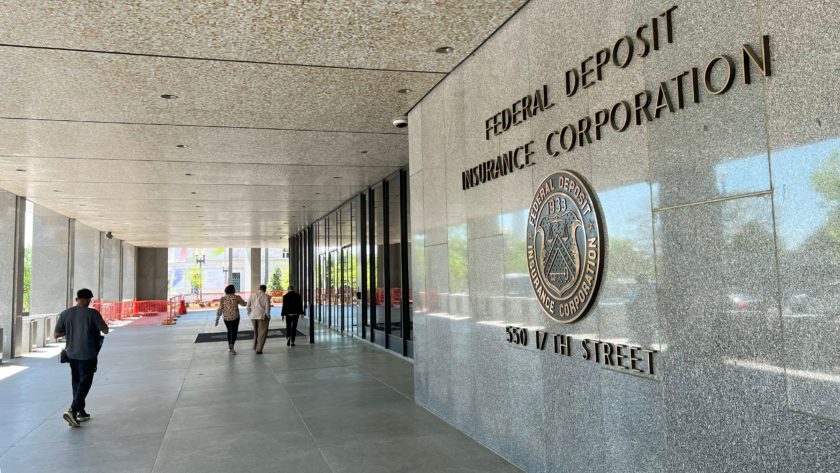CCN is expanding. Are you our next full-time journalist from the West Coast USA? Send us your CV and examples here.
Blockchain voting could soon be a reality in South Korea if the trial on a system based on distributed ledger technology turns out successfully.
According to The Korea Times, the development of the blockchain-based voting system will be completed in December. The system which is the brainchild of South Korea’s National Election Commission and the Ministry of Science and ICT is aimed at enhancing the security and reliability of online voting services.
“We expect the blockchain-based voting system to enhance the reliability of voting. The ministry will continue to support the application of blockchain technology to actively utilize it in areas that require reliability,” Kim Jeong-won, an official at the Ministry of Science and ICT, said.
Besides preventing the falsification of votes, the blockchain-based system is expected to allow candidates and observers access to data. Per the Ministry of Science and ICT, the system will be applied at all the stages of online voting. Depending on how the trial pans out, the ministry and the election body will then integrate it with South Korea’s online voting system known as K-Voting.
Community Participation in Resource Allocation
This is not the first time that blockchain-based voting is being tried out in South Korea. In March last year, the country’s Gyeonggi-do Province used a blockchain-based voting system in deciding which community projects to prioritize in the budget.
A South Korean Province Used Blockchain Tech for Resident Voting https://t.co/3K1L4WCcPm pic.twitter.com/A60gu32gdS
— CCN (@CryptoCoinsNews) March 10, 2017
The initiative was, however, on a small scale as only about 9,000 residents participated. This did not stop officials in the province from predicting the revolutionary impact blockchain technology will have on the world.
“Blockchains will change the world within a few years just as smart-phones did. We can complement the limits of representative democracy with some direct democracy systems by using blockchains, the technology of the Fourth Industrial Revolution,” Nam Kyung-pil, an official in the provincial government of Gyeonggi-do, said as CCN reported at the time.
U.S. Midterms
Other places where blockchain-based voting has been tested on a small scale include the state of West Virginia in the U.S. After announcing in April that it would offer blockchain-based voting to West Virginians stationed abroad such as military personnel during the Midterm elections, the state successfully pulled it off in the recently held polls with nearly 150 voters based overseas using the system.
Despite the enthusiasm that has been shown for blockchain-based voting, there have been reservations in some quarters. Some of the concerns include the fact that there is a potential for one’s voting choices becoming de-anonymized in the future and therefore becoming publicly available.
Additionally, it has been suggested that blockchain-based voting would increase the likelihood of vote buying as it would be possible to verify whether a voter who was bribed voted according to the ‘deal’. With voting booths, this is unlikely as only the voter knows the choices they ticked.
Featured image from Shutterstock.
Get Exclusive Crypto Analysis by Professional Traders and Investors on Hacked.com. Sign up now and get the first month for free. Click here.




